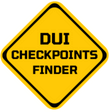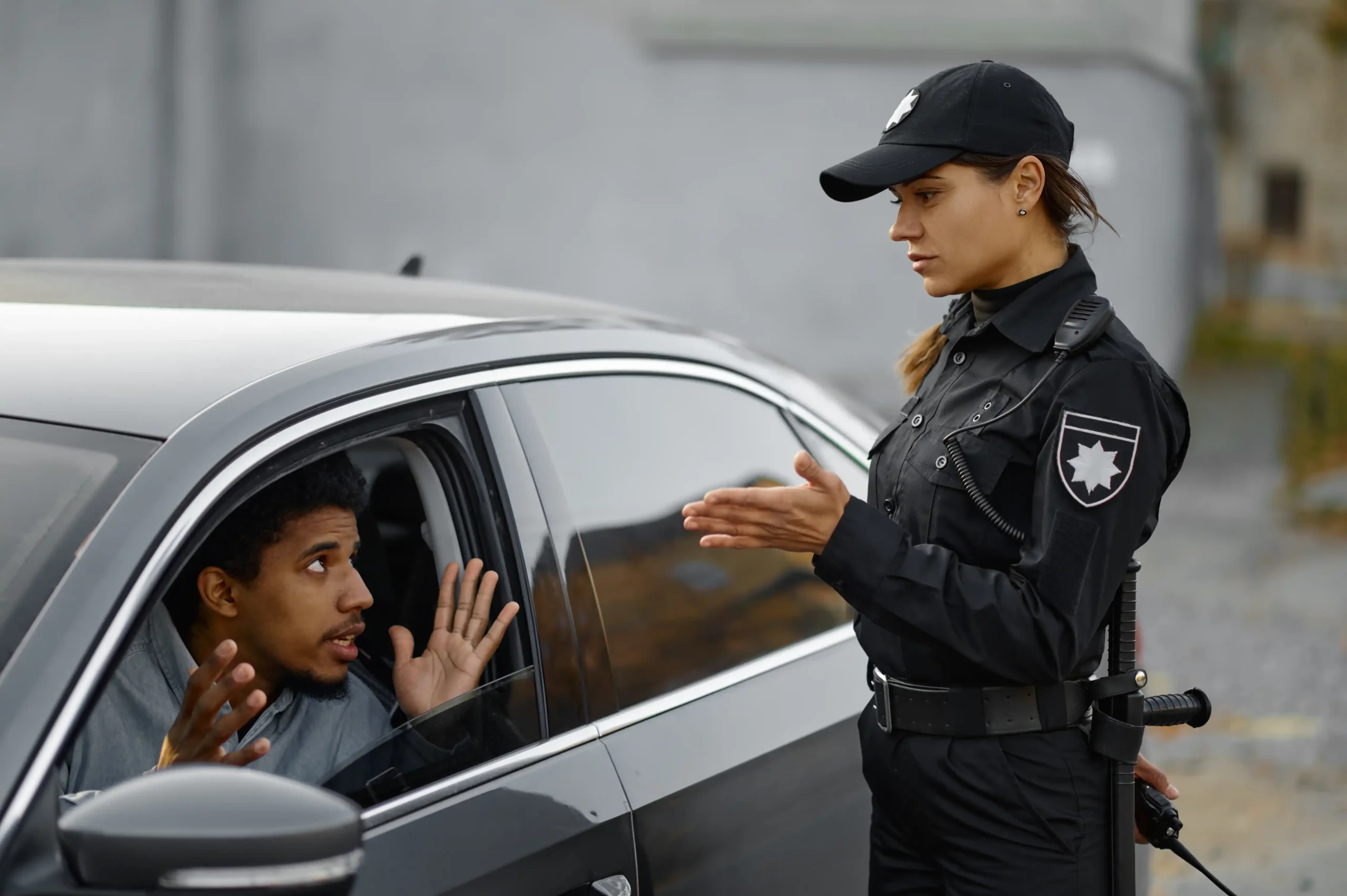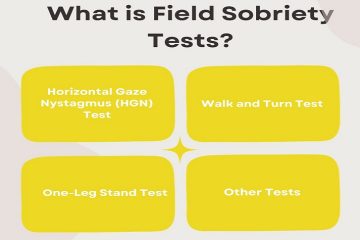Driving home from a night out in Springfield and getting pulled over by the cops can be nerve-wracking. They might ask you to do these sobriety tests to see if you’re okay to drive. But what exactly are these tests, and can you say no? Let’s break it down.
What Are Sobriety Tests?
Sobriety tests are like little tests cops do to check if someone has been drinking alcohol or using drugs before driving. They want to make sure people are safe on the road. These tests can involve things like walking in a straight line or standing on one leg to see if someone is okay to drive.
Imagine you’ve had a few drinks at a party and the police pull you over suspecting you might be drunk. They might ask you to do a test called the “walk-and-turn.” You’ll have to walk in a straight line, heel to toe, and then turn around and walk back. They’re checking if you can walk straight and keep your balance. If you can’t, they might think you’re too drunk to drive safely. These tests help them decide what to do next, like giving you a breathalyzer test or arresting you for driving under the influence.
There are three standardized FSTs:
- Horizontal Gaze Nystagmus (HGN) Test: This one’s all about your eyes. They’ll watch how your eyes move when you follow something with them.
- One-Leg Stand Test: Can you stand on one leg without wobbling? That’s what they want to find out with this test.
- Walk-and-Turn Test: They’ll ask you to walk in a straight line heel-to-toe and then turn around and walk back. It’s like a balancing act.
If you do these tests and you’re drunk, the cops can use that against you in court. Non-standardized tests, on the other hand, are not validated by NHTSA and are typically not admissible as evidence.
Non-standardized FSTs include:
- Finger to Nose Test: In this test, you’ll be asked to touch your finger to your nose, usually with your eyes closed. It checks your coordination and ability to follow instructions.
- Finger Count Test: You’ll be asked to count your fingers or perform hand movements while counting. This tests your ability to focus and perform simple tasks.
- Hand Pat Test: Here, you’ll be asked to pat your hands on your legs or body in a specific pattern. It assesses your coordination and motor skills.
- Alphabet Test: You’ll be asked to recite the alphabet forwards or backwards. This tests your memory and ability to follow instructions.
- Reverse Counting Test: You’ll be asked to count backwards from a specific number. It assesses your cognitive function and ability to perform mental tasks.
- Coin Pickup Test: In this test, you’ll be asked to pick up coins from the ground while standing on one leg. It checks your balance and coordination.
Can You Say No to Sobriety Tests?
Believe it or not, you actually can say no to these tests. But here’s the deal: If you refuse, the cops might still arrest you based on other stuff, like how you’re acting or if they smell alcohol on you. Plus, refusing could lead to other problems, like losing your license.
The Consequences of Saying No
If you refuse to do the tests, it could make things harder for you in court. The cops might think you’re hiding something, which doesn’t look good for your case. And even if you say no to these tests, they might still ask for a breath or blood test to check your BAC (blood alcohol concentration).
Making the Right Choice
Deciding whether to do these tests isn’t easy. It’s important to know your rights and understand the risks before you make a decision. If you’re not sure what to do, it might be a good idea to talk to a lawyer who can help you figure out the best course of action.
Conclusion
Sobriety tests are meant to keep everyone safe on the road by checking if drivers are impaired. While you can technically say no to these tests, it might not always be the smartest move. Understanding your rights and the potential consequences can help you make the right choice if you ever find yourself in this situation.
FAQs
- Why do police officers conduct sobriety tests at DUI checkpoints?
- Police officers do these tests at DUI checkpoints to make sure everyone on the road is driving safely and not putting others at risk by driving under the influence.
- Can I refuse to do sobriety tests at a DUI checkpoint?
- Yes, you can refuse to do the tests, but there might be consequences, like getting arrested or losing your license.
- What happens if I fail a sobriety test at a DUI checkpoint?
- If you fail the test, the police might arrest you and take you to the station for further testing, like a breathalyzer or blood test.
- Are sobriety tests accurate?
- Sobriety tests are meant to be accurate, but they’re not perfect. Sometimes other factors, like nerves or medical conditions, can affect the results.
- How long does a sobriety test take?
- Sobriety tests usually don’t take too long, maybe a few minutes at most. It depends on the test and how many people are ahead of you at the checkpoint.
- What should I do if I’m asked to do a sobriety test at a DUI checkpoint?
- If the police ask you to do a sobriety test, it’s best to cooperate and do your best. Remember to stay calm and follow their instructions.
- Can I talk to a lawyer before doing a sobriety test at a DUI checkpoint?
- You can ask to speak to a lawyer, but the police might not let you until after you’ve done the test. It’s usually best to do the test first and then talk to a lawyer if you need to.
- Can I challenge the results of a sobriety test at a DUI checkpoint?
- Yes, you can challenge the results of a sobriety test if you think they’re wrong. You can talk to a lawyer and go to court to try to prove your case.


